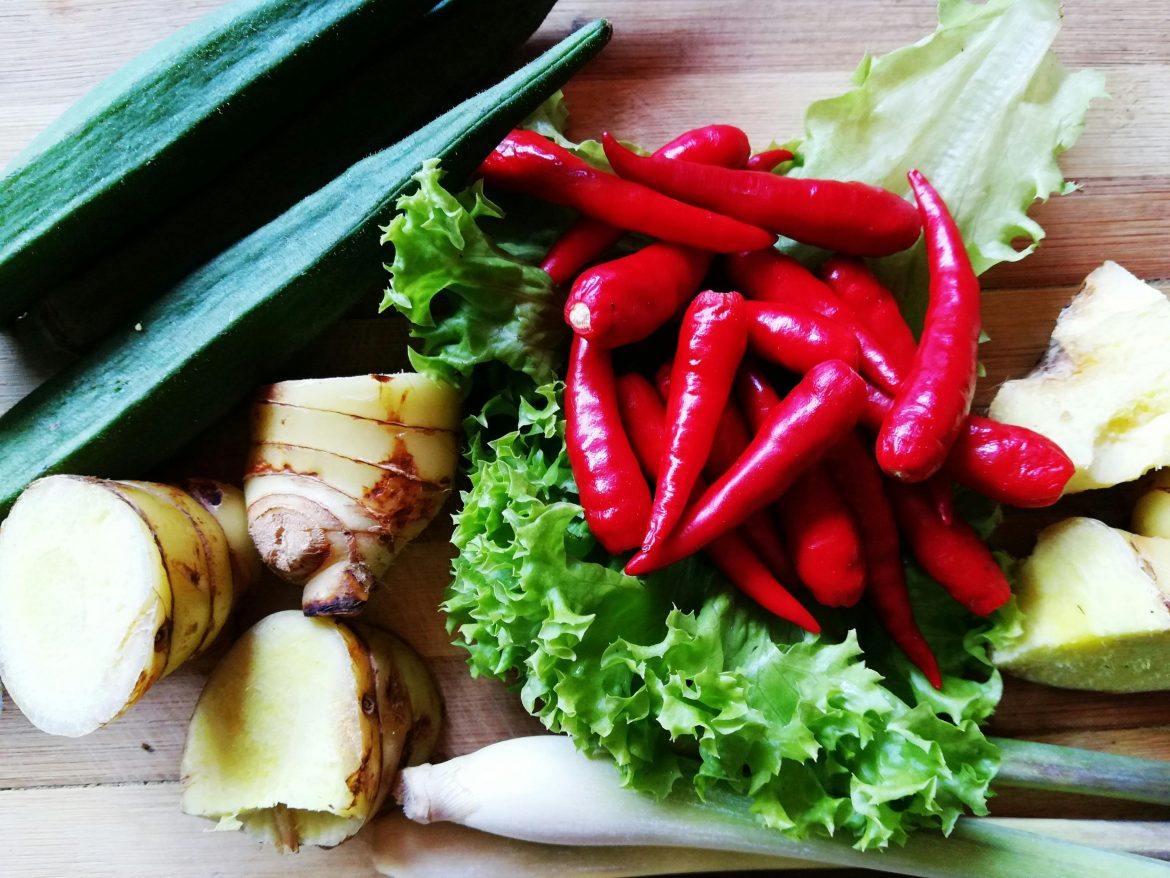Chilli peppers are a popular garden staple, but few people know that their leaves are just as useful as the fruit and are packed with nutritional benefits. Mild in flavour and similar in taste to spinach, cooked chilli leaves are a versatile ingredient with powerful health-boosting properties.
ALSO SEE: 7 Amazing benefits of walking for just 5 minutes after meals
A gentle alternative to fiery heat
If you enjoy the warm, comforting flavours of chilli without the burn, the leaves are a perfect alternative. While the chilli fruit is known for its intense spice, the leaves have a far milder taste and can be added to soups, stews, stir-fries or even fresh salads. When cooked, they take on a tender texture and subtle earthy flavour, making them an easy addition to everyday meals.

Pexels
Rich in vitamins and antioxidants
Chilli leaves are a natural source of essential vitamins, including A and C, both of which play key roles in supporting the immune system, maintaining skin health, and protecting cells from oxidative damage. Their antioxidant content helps combat inflammation, reduces the risk of chronic illness, and supports overall vitality.
Aiding weight loss and heart health
Low in fat and calories, chilli leaves are an excellent choice for anyone looking to maintain a balanced diet. Some weight-loss supplements and powders include extracts of chilli leaves due to their metabolism-boosting properties. Adding them to your meals could help support your fitness goals while also benefiting cardiovascular health.

Pexels
Traditional uses and healing properties
Beyond their nutritional profile, chilli leaves have long been used in traditional remedies. Crushed leaves are believed to soothe arthritis and shingles, as well as help heal minor wounds. Some studies suggest they may even offer antifungal benefits, aiding in the treatment of conditions like ringworm and athlete’s foot. In folk medicine, they’ve also been used to ease digestive troubles and detox the body following food poisoning.
Chilli leaves are more than just a garden by-product – they’re a nutrient-rich addition to your diet with surprising benefits for skin, immunity, heart health, and more. Whether you grow your own or find them at an Asian grocer, consider adding these unsung leaves to your cooking rotation for a gentle, nourishing health boost.
ALSO SEE:
Hydration with a twist – The benefits of drinking salt water
Featured Image: Pexels
A version of this article was first written by Thimna Matika for Garden&Home.

